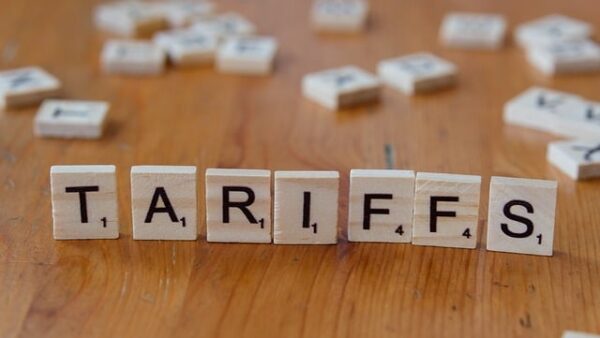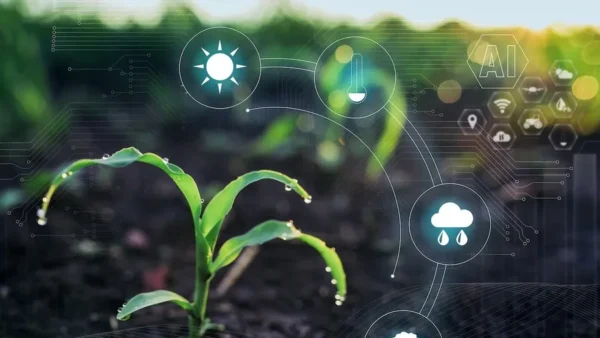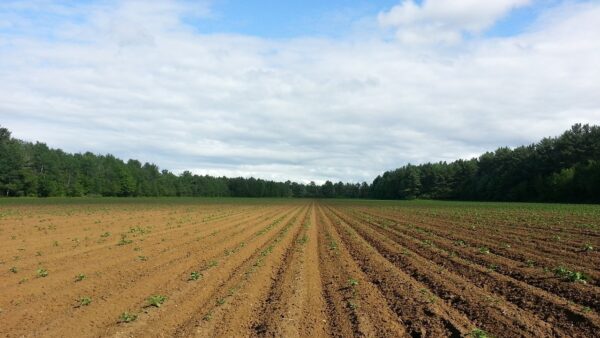The Canadian Food Inspection Agency (CFIA) is investigating reports of individuals receiving unsolicited packages of seeds, it said in a statement.
“Do not plant seeds from unknown origins. Unauthorized seeds could be the seeds of invasive plants, or carry plant pests, which can be harmful when introduced into Canada,” the CFIA is advising. “These species can invade agricultural and natural areas, causing serious damage to our plant resources.”
If you receive a seed package that you did not order, please contact your regional CFIA office immediately. Keep the seeds and packaging, including the mailing label until a CFIA inspector contacts you with further instructions.
“With recent reports of individuals receiving unsolicited packages of seed in Canada and the United States, Canada’s seed industry wants to reassure Canadians of our food safety measures and that you can trust the seed you purchase from Canadian companies,” the Canadian Seed Trade Association said in a statement.
“The government has an excellent inspection system in place to protect the supply chain; audits, quality verification, and multiple testing points ensures that seeds that are sold for planting are safe. Any seed imported to Canada by seed companies and by producers must be tested. Plant health is a priority for our industry, and we are proud of Canadian seed companies for the measures they take to ensure the quality of seeds.”
The United States Department of Agriculture (USDA) also issued a statement saying it is aware that people across the United States have received suspicious, unsolicited packages of seed that appear to be coming from China. The USDA’s Animal and Plant Health Inspection Service (APHIS) is working closely with the Department of Homeland Security’s Customs and Border Protection, other federal agencies, and state departments of agriculture to investigate the situation.
The USDA urges anyone who receives an unsolicited package of seeds to immediately contact their state plant regulatory official or APHIS state plant health director. The USDA advises people hold onto the seeds and packaging, including the mailing label, until someone from their state department of agriculture or APHIS contacts you with further instructions.
At this time, USDA has no evidence indicating this is something other than a “brushing scam” where people receive unsolicited items from a seller who then posts false customer reviews to boost sales, USDA said in a statement.













